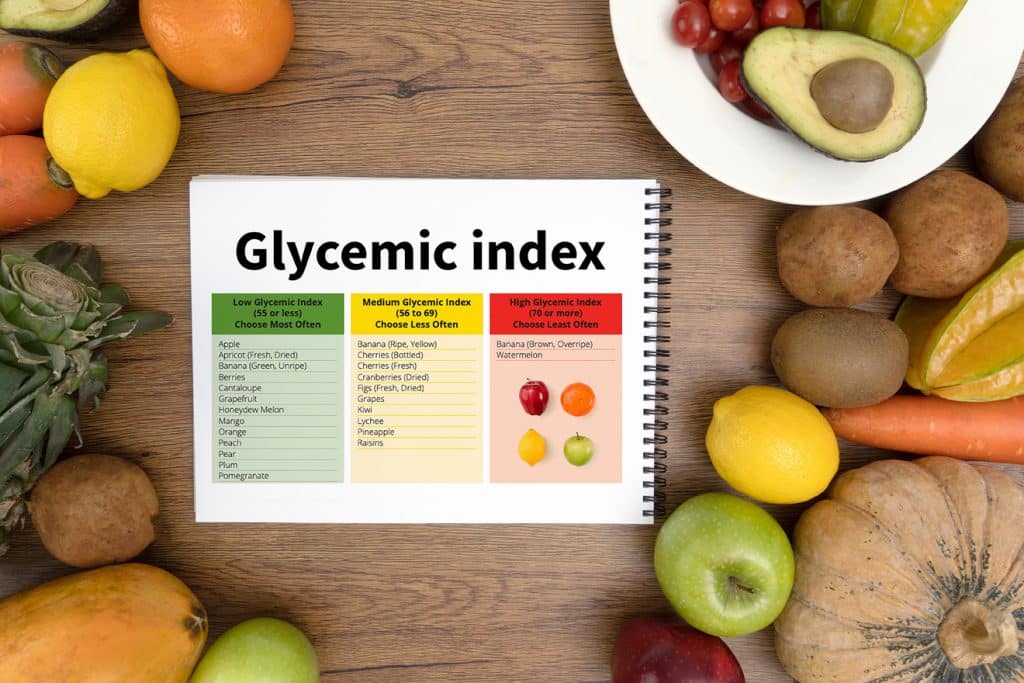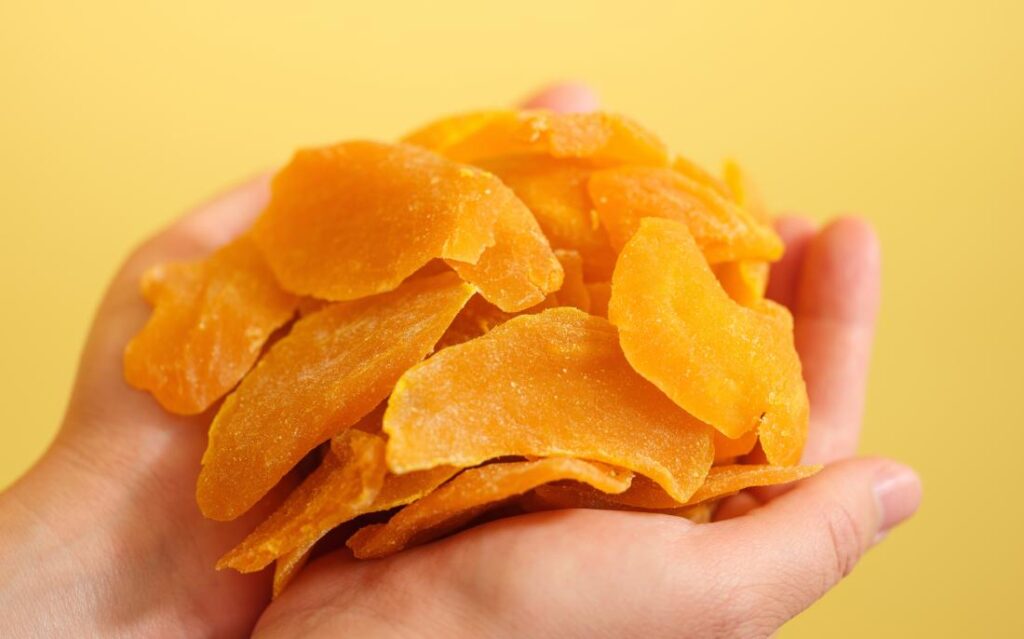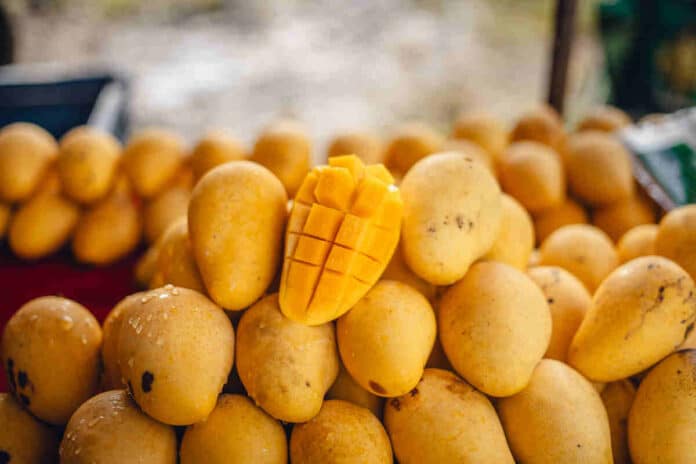Table of Contents
If you love mangoes but are managing diabetes, you’ve probably wondered: Can I eat mango without spiking my blood sugar? It’s a common question — and an important one. Mangoes are sweet, juicy, and hard to resist, but when you’re watching your blood sugar levels, not all fruits feel like a safe choice. So, are mangoes good for diabetics? The answer isn’t a straight yes or no — but I’ve done the digging so you don’t have to. With smart portion control and a clear understanding of how mango affects your body, enjoying this tropical fruit can be part of a balanced diabetic-friendly diet.
In this guide, I’ll walk you through what you need to know about mango and diabetes, including the mango glycemic index, natural sugar content, and how to enjoy mango the smart way — without guilt or glucose spikes.
Let’s break it down together.
Mango and Diabetes: What’s the Connection?
When you think of mango fruit and diabetes, the sugar content might raise alarm bells. However, mangoes offer far more than just sweetness. They’re a nutritional powerhouse packed with fiber, antioxidants, and essential vitamins and minerals.
Mango Nutrition Snapshot (per 1 cup of sliced mango):
- Calories: ~99
- Carbohydrates: 25g
- Grams of sugar: 22g (from natural sugars)
- Fiber: 3g
- Vitamin C: 67% of daily needs
- Vitamin A, E, K, B6, potassium, and magnesium
Despite the presence of natural sugars, mangoes have properties that may support metabolic health. The question is not just “does mango have a lot of sugar?” but how that sugar interacts with fiber and other nutrients to influence blood sugar levels.
Understanding the Mango Glycemic Index

Credit: apollosugar.com
The mango glycemic index ranges between 51 and 56, classifying it as a low to medium GI fruit. This means mangoes release sugar into the bloodstream more slowly than high-GI foods, making them less likely to cause sharp blood sugar spikes.
Why GI Matters:
- Helps with glucose control
- May improve insulin sensitivity
- Supports better management of type 2 diabetes
If you’re following a glycemic-conscious meal plan, mangoes can still be on the menu — just with careful portion control.
Can Diabetics Eat Mangoes Safely?
One of the most common questions is: Can diabetics eat mangoes? The answer is yes, with awareness and moderation.
✔️ Tips for Including Mango in a Diabetic Diet:
- Limit serving to ½ cup to ¾ cup of fresh mangos
- Pair with protein or healthy fats (e.g., nuts, yogurt)
- Avoid mango juices or sweetened smoothies
- Opt for snacks like freeze dried mango only if unsweetened
- Monitor blood sugar levels 1–2 hours after eating
Make sure to learn simple ideas that keep the impact on blood sugar low while keeping your taste buds happy.
Does Mango Have a Lot of Sugar?

Credit: medicalnewstoday.com
Yes — but it’s natural sugar, not the refined kind. One medium mango has about 45 grams of sugar, but when eaten in smaller portions, its sugar content is manageable.
Carbohydrate Breakdown:
- ½ cup mango: ~12–14g carbs
- 1 cup mango: ~25g carbs
- 1 medium mango: ~40–45g carbs
- 1 bowl of mangoes = multiple servings — beware of overindulgence
To keep carbs in check, pair mango with high-fiber foods like chia pudding or leafy greens. You can also explore tips on how mango can help with weight loss to understand how mango fits into broader health and glucose control goals.
And if you’re curious about different varieties, read up on the unique taste and texture of the Mexican mango — a variety that’s both delicious and widely available during mango season.
Effects of Mangoes on Diabetes and Insulin
Now let’s tackle a deeper question: Are mangoes good for diabetics beyond just blood sugar management?
Emerging research suggests that mango consumption may offer several benefits for people with type 2 diabetes:
Potential Benefits:
- Improve insulin sensitivity due to polyphenols
- Reduce inflammation in those with metabolic syndrome
- Support heart health by lowering blood pressure
- Promote better digestion with fiber
In studies involving a control group of pre-diabetic or diabetic adults, modest daily servings of mango were associated with positive changes in insulin resistance and cholesterol markers.
And for pet owners wondering if mango is safe for furry friends, check out Can Cats Eat Mango? — a fun read that clears up pet safety concerns.
Can Diabetic Eat Mango Daily?

Credit: sugarfit.com
While it’s tempting to enjoy mango every day, this depends on your individual blood sugar levels, dietary plan, and activity level.
Ask Yourself:
- Am I managing my glucose control well with current food choices?
- Do I practice consistent portion control?
- Do I regularly monitor my blood sugar after meals?
- Is my overall carb intake balanced?
For some, eating mango daily (in small portions) can be safe and even beneficial. Others may need to limit it to 2–3 times a week, especially if they also eat other carbohydrate-rich fruits.
If you’re unsure, always consult your doctor or a registered dietitian.
Mango Alternatives and Smarter Swaps
If you’re cautious about your sugar content intake, try these alternatives:
- Green mangoes (less ripe, lower sugar) in salads
- Add a few slices to smoothies with flaxseed and protein powder
- Use mango puree (unsweetened) as a natural sweetener in oats
- Limit cups of mango to a side dish, not the main meal
- Choose freeze dried mango without added sugar as a portable snack
Also, if you’re concerned about acidity or how mango might affect digestion, check out Are Mangoes Acidic? to learn how mango’s pH levels interact with your stomach health.
Final Thoughts: Are Mangoes Good for Diabetics?
So, let’s answer the big question one last time: Are mangoes good for diabetics? Yes — they can be, when enjoyed responsibly. Mangoes contain natural sugars, but also valuable fiber, antioxidants, and nutrients that support overall health.
Key takeaways:
- Enjoy mango in moderation (½ cup serving recommended)
- Mind the grams of sugar and how many carbohydrates in a mango
- Pair mango with fiber, protein, or healthy fats
- Use your blood sugar levels as a personal guide
- Explore different forms of mango: fresh, green, or freeze dried
Final Tip
If you love mangoes, you don’t have to cut them out of your life. Enjoy a small bowl of mangoes, but stay aware of how they affect your body. With smart choices, mango and diabetes can live in harmony — sweetly and healthfully.

